PHP JSON Form Builder

Read more at https://www.phpclasses.org/package/11612-PHP-Generate-a-HTML-form-definition-in-JSON-format.html#2020-04-18-04:36:17

The Ultimate Guide to Fixing and Troubleshooting the Most Common WordPress Errors (65+ Issues) – Get answers to the most common errors associated with WordPress.

Is the Future of WordPress Code-Free? – Visually-based site building tools may result in less room for custom code.

Inkscape 1.0 Has Been Released – A free and open source vector graphics editor for Linux, macOS and Windows.
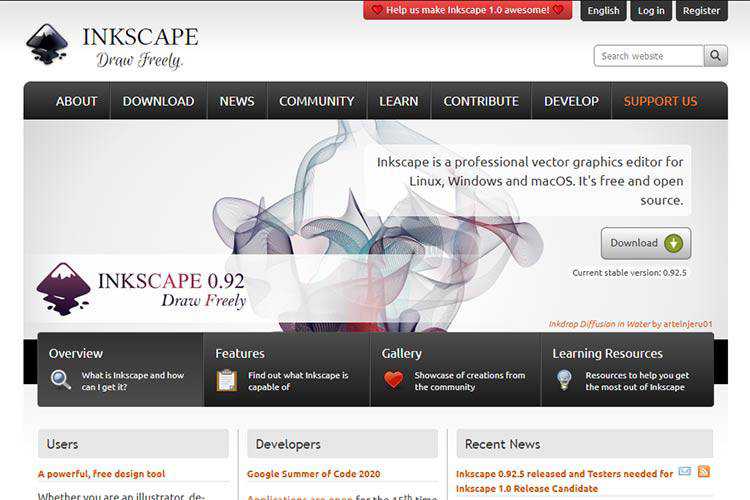
Rome – A JavaScript compiler, linter, formatter, bundler, testing framework and more.
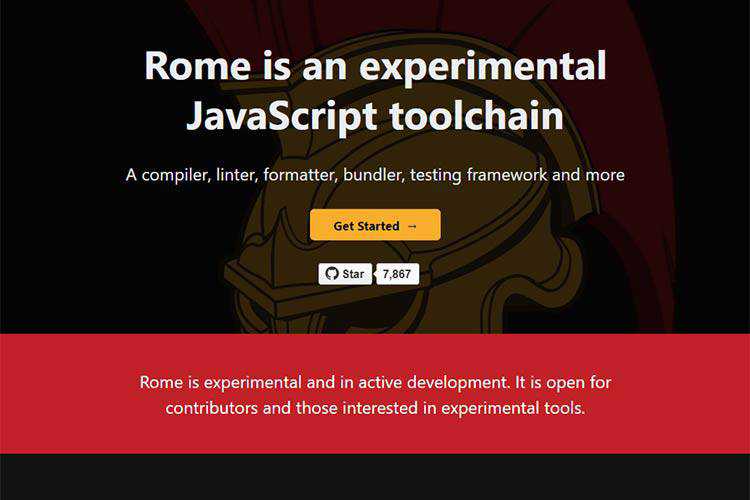
Font Books – A collection of original typefaces designed to help people read and understand classic literature better.

Trying to Maintain ‘Business as Usual’ During a Quarantine – Some observations on quarantine-related challenges for web designers.

Website Screenshot API – A developer-friendly tool for creating beautiful screenshots.
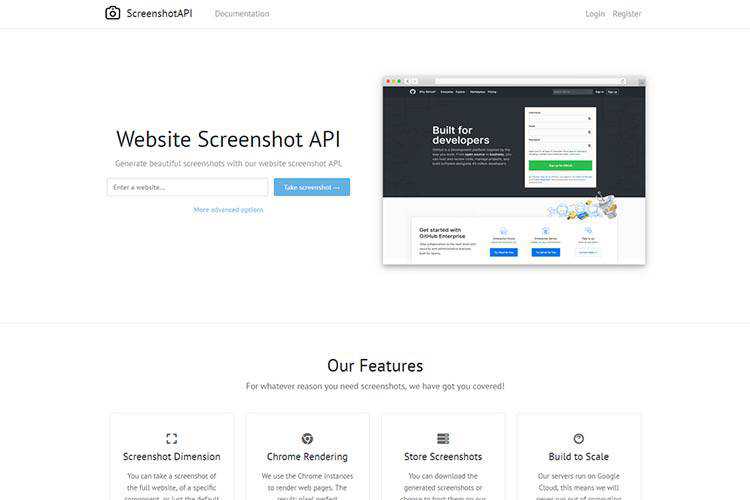
Making Wavy or Serrated Edges with CSS – Learn to create dazzling edges with this tutorial.
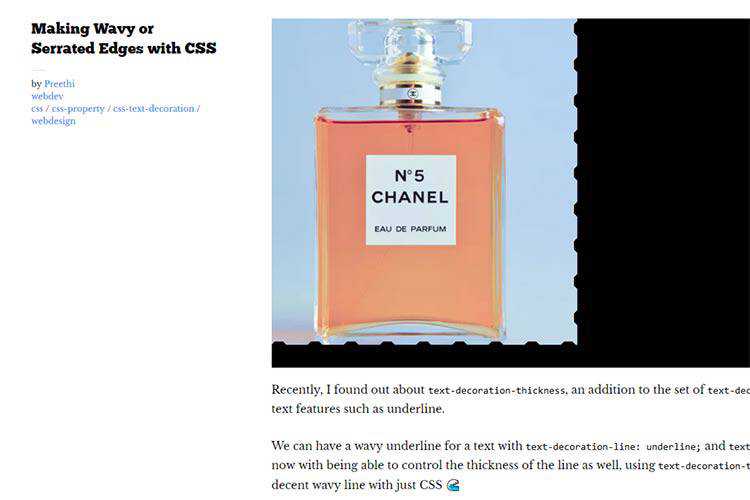
MVP.css – A minimalist stylesheet for HTML elements.
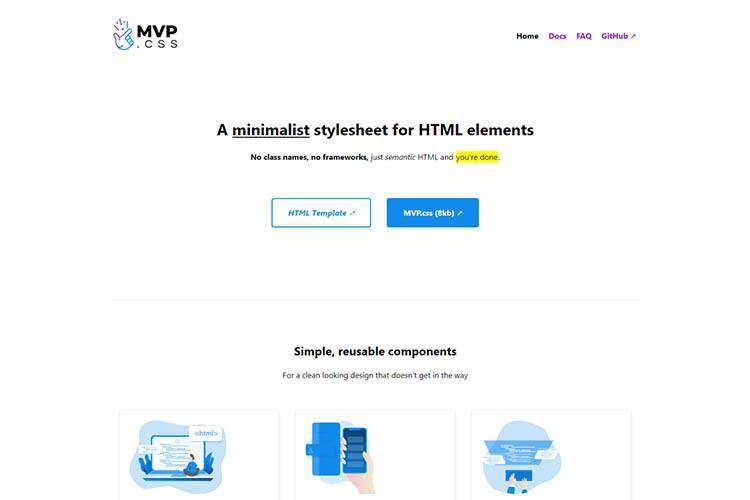
Extending the Limits of CSS – A look at some of the boundary-breaking achievements in CSS.
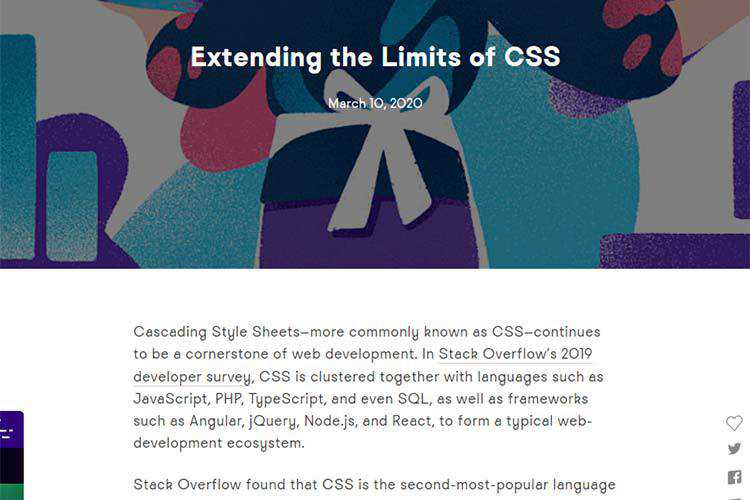
Rapid Image Layers Animation – A tutorial for creating a rapid animation of multiple layers of images for intros or page transitions.

BEM Cheat Sheet – Use this guide to boost your CSS class naming skills.
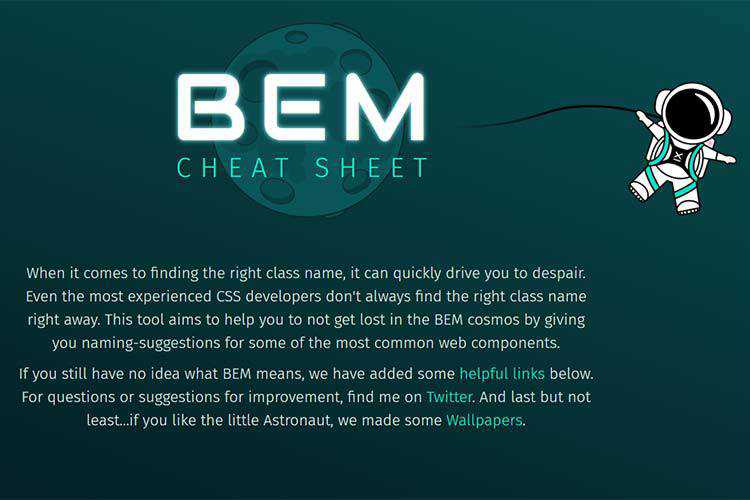
Radius: A Design System Accelerator – A collection of open-source tools and libraries that allow you to accelerate your design system.
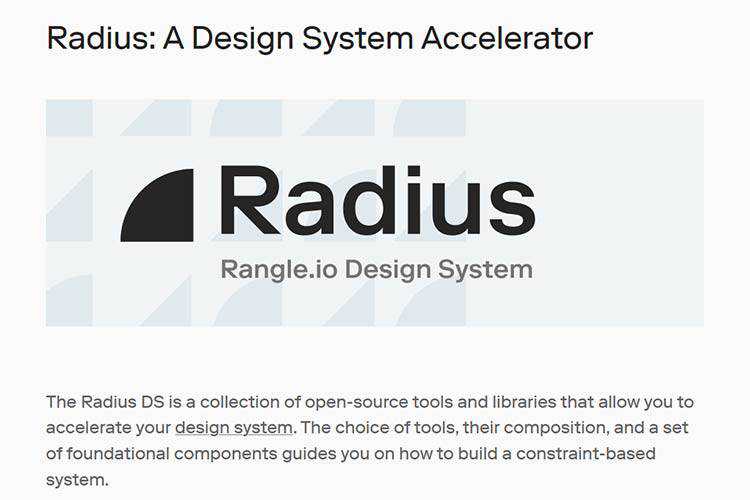
Sections 2: Big library of layouts for web prototyping – A library of UI components for building landing page wireframes in minutes.

10 Best Professional Intro Video Templates for After Effects – Use these templates to create a compelling intro for your video project.

War Against COVID – A set of free illustrations you can use in pandemic-related projects.
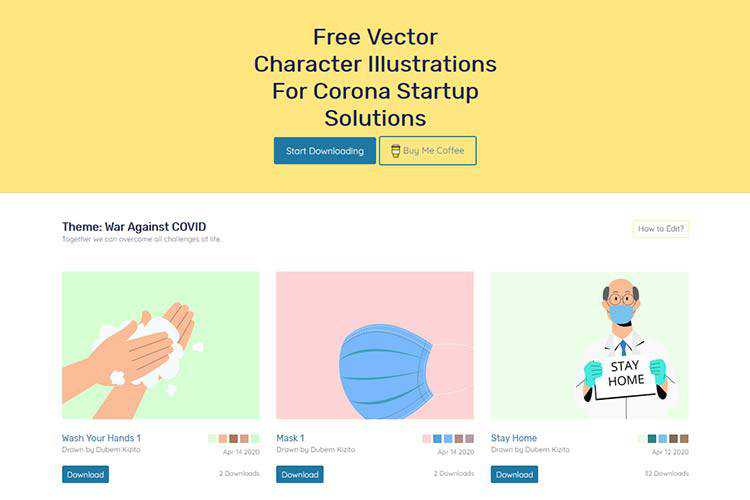
The post Weekly News for Designers № 536 appeared first on Speckyboy Design Magazine.
Here's what was popular in the PHP community one year ago today:
In this episode of "PHP Internals News" I converse with Jakob Givoni (LinkedIn) about the "Compact Object Property Assignment", or COPA for short, RFC that he is proposing for inclusion in PHP 8.
The RSS feed for this podcast is https://derickrethans.nl/feed-phpinternalsnews.xml, you can download this episode's MP3 file, and it's available on Spotify and iTunes. There is a dedicated website: https://phpinternals.news
Hi, I'm Derick. And this is PHP internals news, a weekly podcast dedicated to demystifying the development of the PHP language. This is Episode 49. Today I'm talking with Jakob Givoni about an RFC that is made with a very long name, the compact object property assignment RFC or COPA for short. Jakob, would you please introduce yourself?
Yes, my name is Jakob. I'm from Denmark, and I've been working programming in PHP for 20 years now. I work as a software engineer for a company in Barcelona that's called Vendo. I got inspired to get involved in PHP internals after I saw you as well as Rasmus and Nikita in a PHP conference in Barcelona last November.
there was a good conference, I always like going there. Hopefully, they will run it this year as well. What I'd like to talk to you about today is the COPA RFC that you've made. What is the problem that this is trying to solve?
Yes, I was puzzled for a long time why PHP didn't have object literals. And I looked into it. And I saw that it was not for lack of trying. Eventually, I decided to give it a go with a different approach. The basic problem is simply to be able to construct, populate, and send an object in one single expression in a block, also called inline. It can be like an alternative to an associative array. It gives the data a well defined structure, because the signature of the data is all documented in the class.
Of course, people abuse associative arrays for these things at a moment, right? Why are you particularly interested in addressing this deficiency as you see it?
Well, I think it's a common task. It's something I've been missing, as I said inline objects, obviously literals for a long time, and I think it's a lot of people have been looking for something like this. And also, it seemed like it was an opportunity that seemed to be an fairly simple grasp.
What kind of solutions do people use currently, instead?
I think, very popular one is the associative array where you define key value pairs as an array. The problem with that is that you don't get any help on the name of the indexes nor the types of the values.
I mean, it's easy to make a typo in the name, right? And it just either exists in the array suddenly, if you set it or you just get a random null value back. As you said, yeah, there's no way of enforcing the type here, of course. COPA compact object property assignment is a mouthful, and it is a new bit of syntax to the PHP language. What is this new syntax going to look like?
While it looks just like when you assign a value to a property, but here you can add several comma separated lines of property name equals value inside a square bracket block, which is coming after the array and the array arrow operator. The syntax shouldn't really conflict with anything else we have at the moment.
Truncated by Planet PHP, read more at the original (another 19766 bytes)